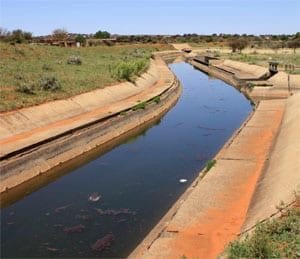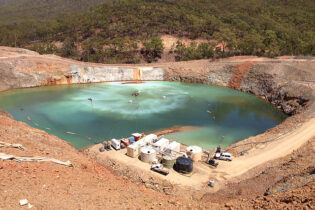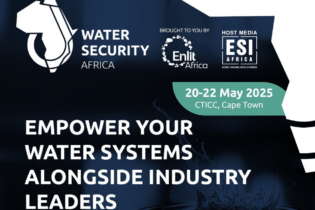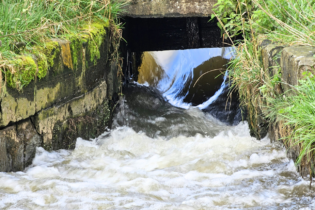The appointment of South African Department of Water and Environmental Affairs Minister Molewa, MP to serve on the Governing Council (GC) of the Water Resources Group 2030 was confirmed at the first meeting of the GC at the World Economic Forum (WEF) in Davos on 24 January 2013.
She was at the Water Resources Group Meeting to present on the progress on the South African Strategic Water Partners Network (SWPN). The SWPN is a public/private sector partnership that sets out to enhance the coordination, knowledge sharing and collaberation on joint implementation of key interventions in, amongst others, water use efficiency and leakage reduction; supply chain with a focus on the agricultural supply chain; and, effluent and wastewater management partnerships. The SWPN is Co-Chaired by Trevor Balzer, the Chief Operations Officer of the Department of Water Affairs and Andre Fourie, the Head of Sustainable Development of the South African Breweries. Project progressAccording to a statement released by the Department of Water Affairs, progress on two projects were presented at WEF. The first project dealt with proposals to rehabilitate and reduce the water losses of the Vaalhaarts irrigation scheme – one of the oldest and largest irrigation schemes in South Africa. The second project highlighted as a success at the Meeting is between the coal mining houses and the local authority of Emalahleni in Mpumalanga, which treats Acid Mine Drainage water to potable standards to augment the water supply to the local authority. The project was lauded and is seen as a “role model” for replication in other countries. “We have had unbelievably positive feedback” said Molewa. Stakeholder engagement
The World Economic Forum, represented by the Swiss Agency for Development and Cooperation, The Coca Cola Company, Nestlé S.A., PepsiCo Inc. and the International Finance Corporation (“IFC”), the private sector investment arm of the World Bank Group, have worked together to establish the Water Resources Group (“WRG”) as a private-public global initiative aimed at mobilising a broad range of stakeholders, such as the private sector, government leaders, civil society, and bilateral development agencies as well as multilateral development banks (“MDBs”), to support governments willing to accelerate their progress towards national water security.
According to the statement released by the Department of Water Affairs, the first phase of the WRG, incubated by the Forum, began as an informal multi-stakeholder research initiative in 2008 to contribute new insights to water management, in particular through a private sector perspective. In a report issued in October 2009, “Charting our Water Future”, the issue of water scarcity through the growing gap between demand and supply for water, particularly in the developing world, is highlighted. The WRG also started working in various countries helping with designing water sector transformation programmes.
“At the Forum’s Davos annual meeting in 2011, a decision was taken to transition the WRG program to a second phase of incubation, starting in 2012. IFC and various participants in the WRG agreed to develop a structure, hosted initially within IFC, and equipped to fine-tune and deepen the work already underway, while creating a broader and sustainable public-private-civil society platform to maintain momentum.” The meeting in Davos on 24 January this year was the Water Resources Group inaugural Governing Council meeting, held during the Annual WEF Meeting. “Gathering for the first time, the principals of WRG, Governing Council organizations and selected guests, sat to review the achievements of WRG to date as well as to discuss and approve the priorities and strategy going forward,” said the Department of Water Affairs. The Governing Council will meet on an annual basis.






